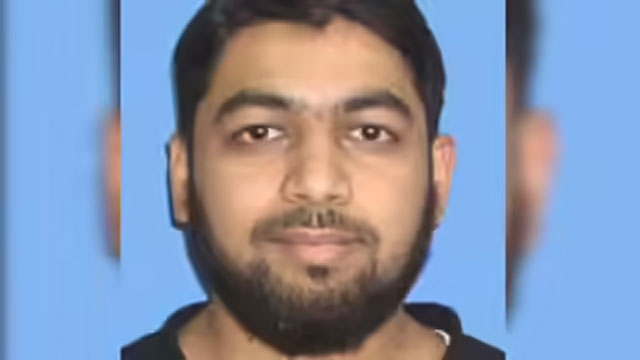Daijiworld Media Network - Mumbai
Mumbai, Nov 4: The Bombay High Court on Tuesday granted bail to Kafeel Ahmed Ayub (65), an accused in the 2011 triple bomb blasts that rocked Mumbai’s Zaveri Bazaar, Opera House, and Dadar Kabutarkhana, leaving 21 people dead and 113 injured.
A division bench comprising Justice A S Gadkari and Justice R R Bhonsale observed that Ayub had spent more than a decade in pre-trial custody, and the trial showed no sign of completion in the near future. The court noted that continued incarceration without trial amounted to a violation of his fundamental right to a speedy trial, guaranteed under Article 21 of the Constitution.

While granting bail, the bench cited the Supreme Court’s 2021 landmark judgment in the KA Najeeb case, where the apex court ruled that prolonged undertrial detention under the Unlawful Activities (Prevention) Act (UAPA) could not override the constitutional right to life and liberty.
Ayub’s lawyer, Advocate Mubin Solkar, argued that his client had been in jail since February 2012 with no progress in trial proceedings. The court agreed that indefinite detention, especially under stringent laws like the UAPA and Maharashtra Control of Organised Crime Act (MCOCA), was unjustified.
The 2011 triple blasts, which occurred on July 13, 2011, during the evening rush hour, were described by authorities as a “coordinated terrorist attack”—the deadliest since the 26/11 Mumbai terror siege. Explosions at Opera House, Zaveri Bazaar, and Dadar caused widespread panic and devastation in the financial hub.
Following the attacks, the Mumbai Anti-Terrorism Squad (ATS) took over the investigation from local police on July 18, 2011. Ayub, a Bihar resident, was arrested by the Delhi Police Special Cell in February 2012 and subsequently transferred to Mumbai.
The prosecution alleged that Ayub was linked to the main accused, Yasin, and had helped indoctrinate youth, harbour co-accused, and provide hideouts for them. However, Ayub’s bail plea contended that the charges were “vague”, and there was no evidence to prove his knowledge or involvement in the actual conspiracy.
His plea stated that keeping him imprisoned for years without trial was “an anathema to democracy and the rule of law.” He assured the court that he had deep roots in India and posed no flight risk.
A special MCOCA court had earlier rejected Ayub’s bail plea in February 2022, prompting him to approach the High Court in appeal. The detailed bail order is expected to be released soon.